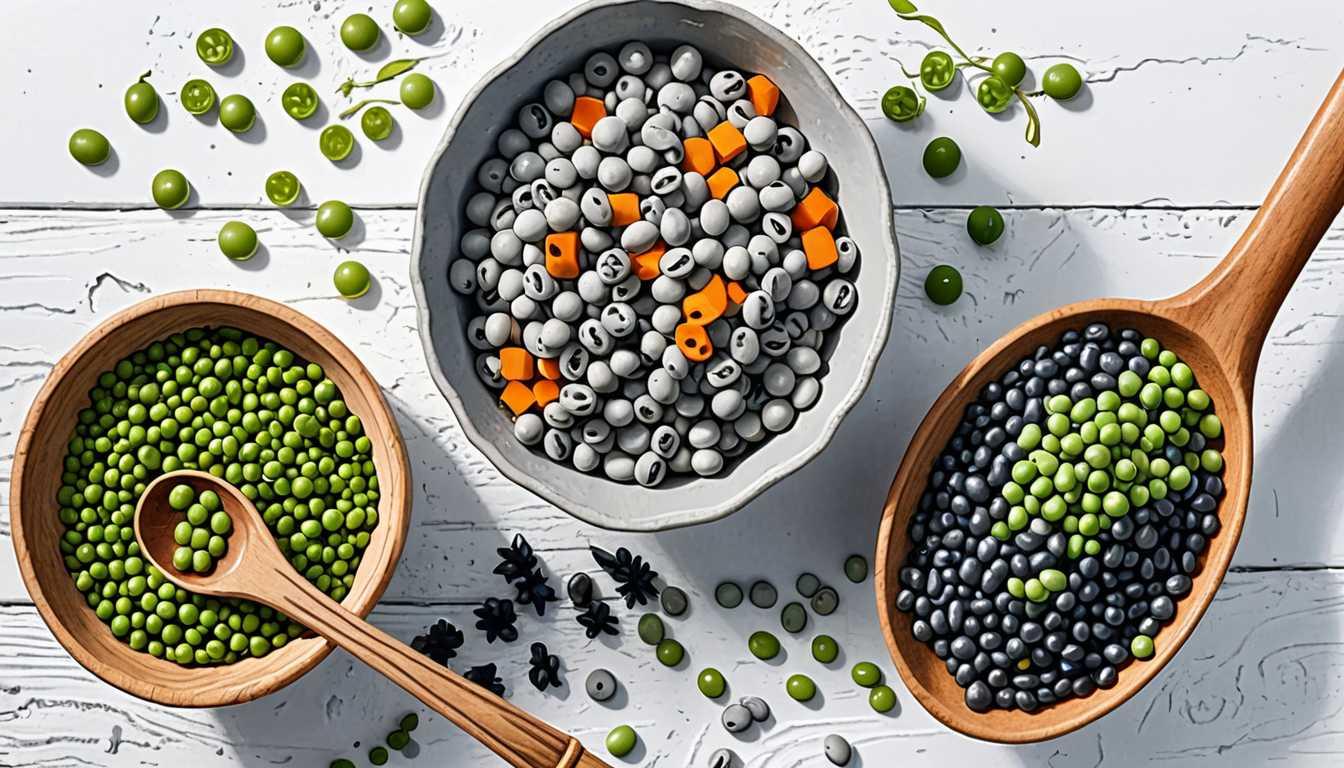Countertop Berry Farms: Future of Food?
February 2018
Smithsonian Magazine
Introduction
Imagine a world where your kitchen counter sprouts fresh berries in the dead of winter—no soil, no sun, just a futuristic gadget right next to your coffee machine. This isn't a scene from a sci-fi movie but a real project by Lauri Reuter and his team at VTT in Finland, who are pioneering the "home bioreactor." This device could revolutionize our kitchens, turning us into farmers of nutrient-packed berry cells without the hassle of traditional agriculture. Dive into Smithsonian Magazine's fascinating article to explore how these bioreactors could bring exotic, nutritious fruits to our homes, making "impossible-to-cultivate" berries a thing of the past.
READ FULL ARTICLEWhy It Matters
Discover how this topic shapes your world and future
Fruits of the Future at Your Fingertips
Imagine biting into a juicy, flavorful berry in the dead of winter, a berry that's not only rare but possibly has never been grown in your region, or even outside of a lab. This isn't a scene from a sci-fi movie; it's a glimpse into a future where home bioreactors could revolutionize the way we think about food and agriculture. With concerns about climate change, sustainability, and the nutritional value of our diets growing louder, the idea of growing impossible-to-cultivate or out-of-season fruits right in our kitchens is more appealing than ever. This innovation could not only make eating healthy, diverse diets easier but also reduce the environmental impact associated with traditional agriculture and the long-distance transportation of food. For you, this might mean the ability to grow exotic fruits for a school project, experiment with new flavors for a cooking club, or even embark on a science fair project that explores the cutting edge of biotechnology.
Speak like a Scholar
Bioreactor
A device or system that supports a biologically active environment, used in this context to grow plant cells into edible fruits.
Cell Culture
The process of growing cells in a controlled environment outside of their natural habitat, like in a lab.
Micronutrients
Essential vitamins and minerals that our bodies need in small amounts to function properly.
Sustainability
The ability to maintain certain processes or states indefinitely. In agriculture, it refers to farming methods that do not deplete resources or harm the environment.
Agricultural Biodiversity
The variety and variability of plants, animals, and microorganisms used directly or indirectly for food and agriculture, including the diversity within species, between species, and of ecosystems.
Nutritional Value
The content of essential nutrients (like vitamins, minerals, and proteins) in food that are necessary for the health and growth of organisms.
Independent Research Ideas
Exploring the Nutritional Comparison Between Bioreactor-Grown Fruits and Their Traditional Counterparts
Investigate whether fruits grown in bioreactors maintain, exceed, or fall short in nutritional value compared to those grown in fields or orchards.
The Impact of Home Bioreactors on Food Miles and Carbon Footprint
Analyze how growing fruits at home in bioreactors could reduce the carbon footprint associated with transporting food over long distances.
Cultivating Rare Plant Species in Bioreactors
Experiment with growing cells from rare or endangered plants in a bioreactor setting to study their potential for conservation and nutritional use.
Designing the Ultimate Home Bioreactor for School Projects
Create a design for a bioreactor that could be used in schools for educational purposes, focusing on ease of use, educational value, and the ability to observe the growth process.
The Psychological Effects of Growing Your Own Food at Home
Conduct a study on how growing one's own fruits and vegetables at home, especially through innovative means like bioreactors, affects people's attitudes towards food, nutrition, and sustainability.
Related Articles

Reviving Africa’s Ancient Crops for a Hungry Future
October 2024
MIT Technology Review

Lockdown Greens and Game: NY's Shift
October 2023
Cornell University

Naked Clams: Seafood's Future
November 2023
University of Cambridge

Genes & The Salt Mystery
June 2010
Smithsonian Magazine

Corn's Silky Love Story
August 2009
Smithsonian Magazine